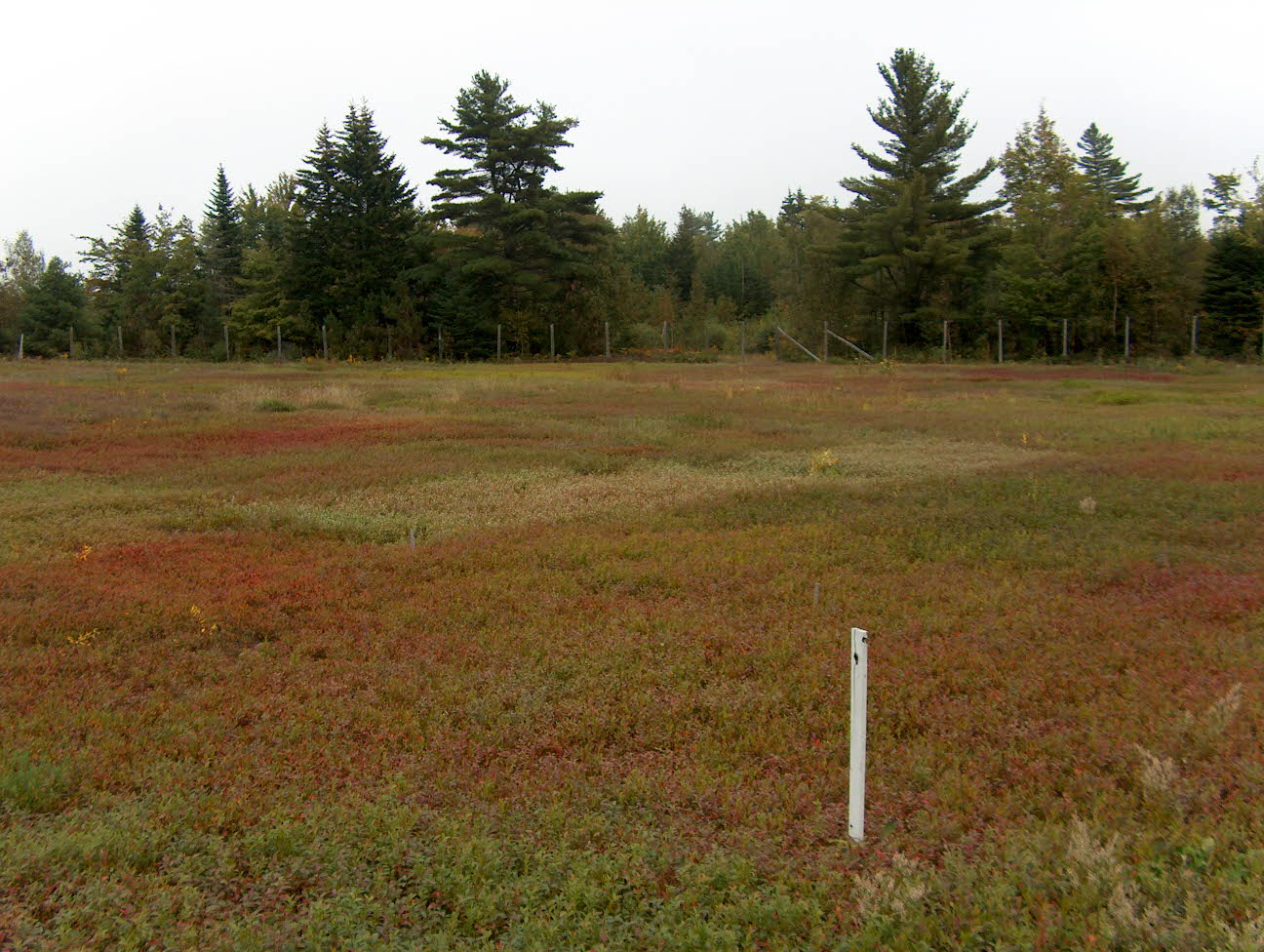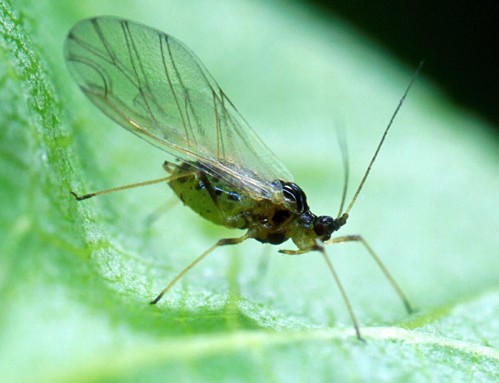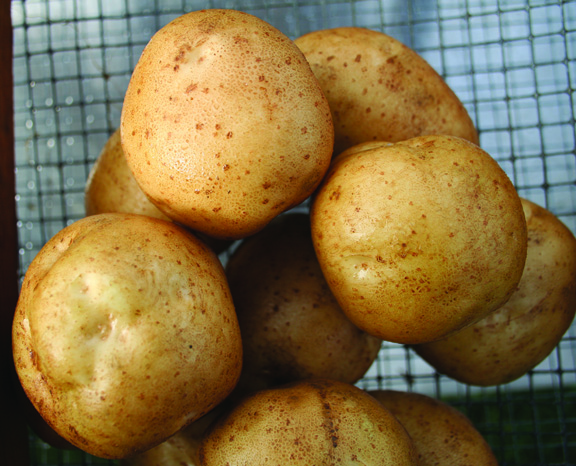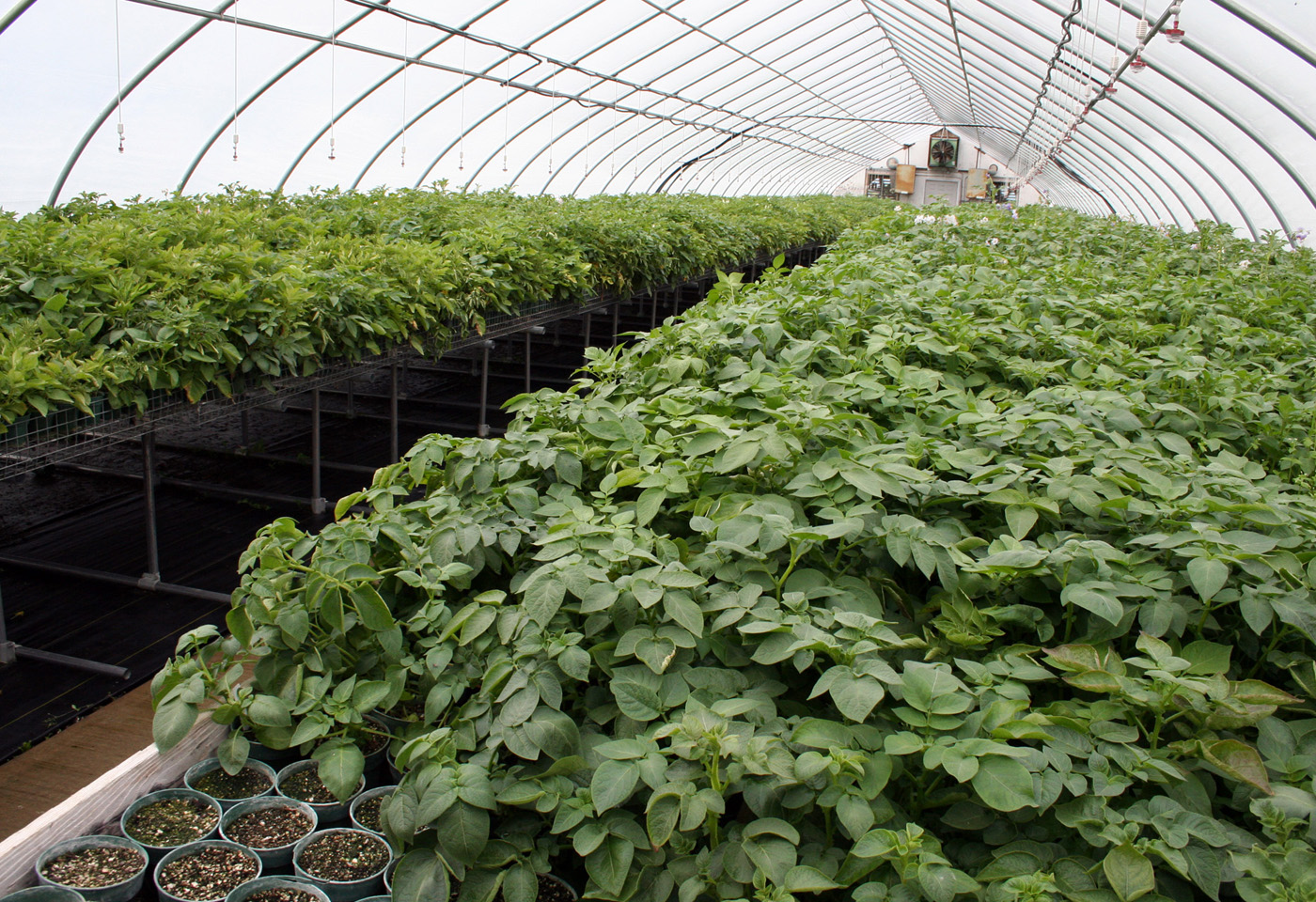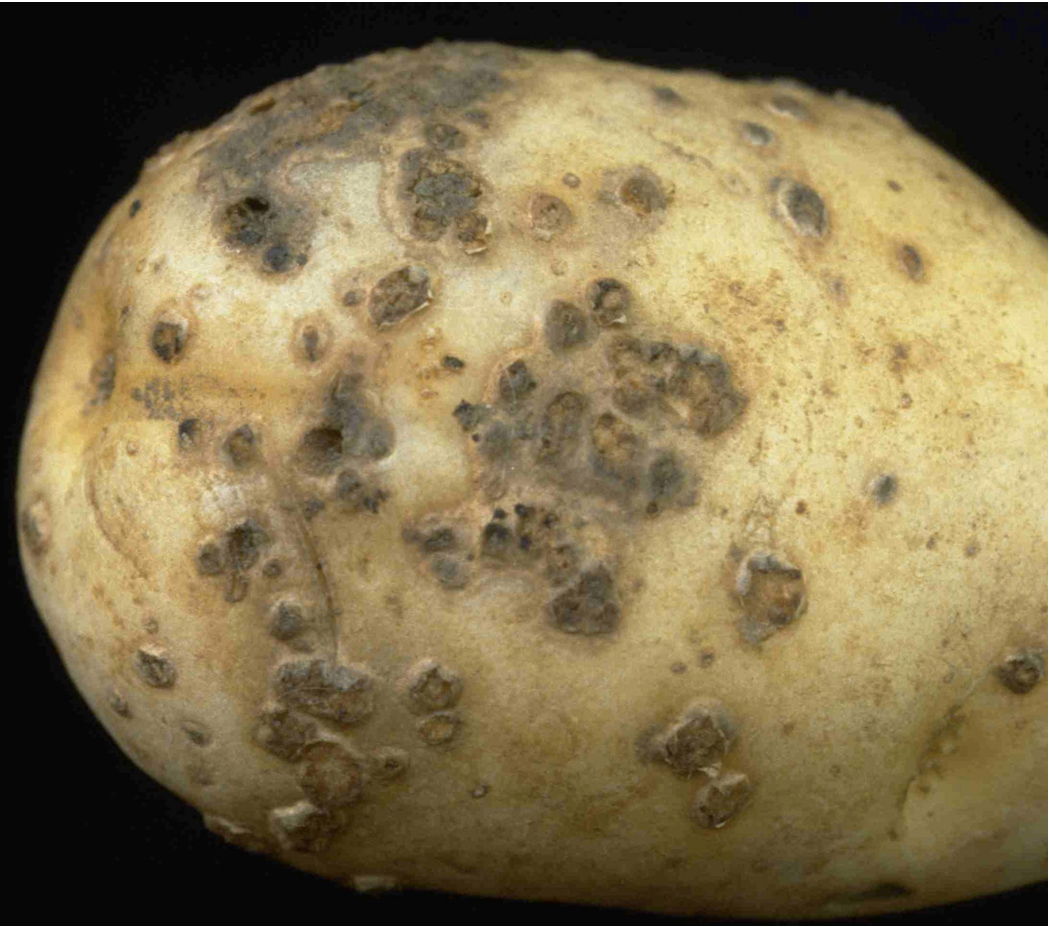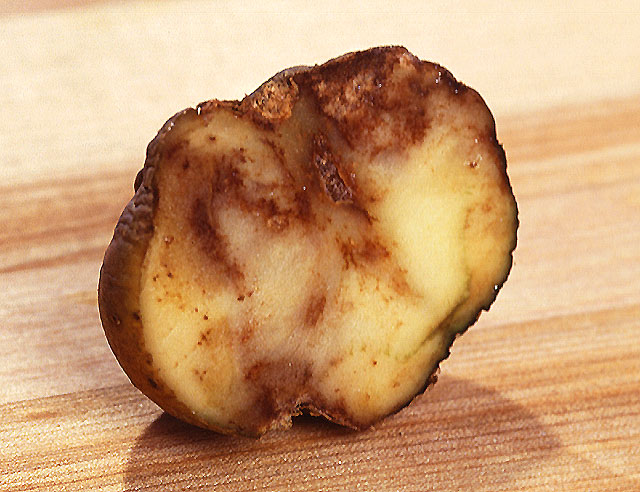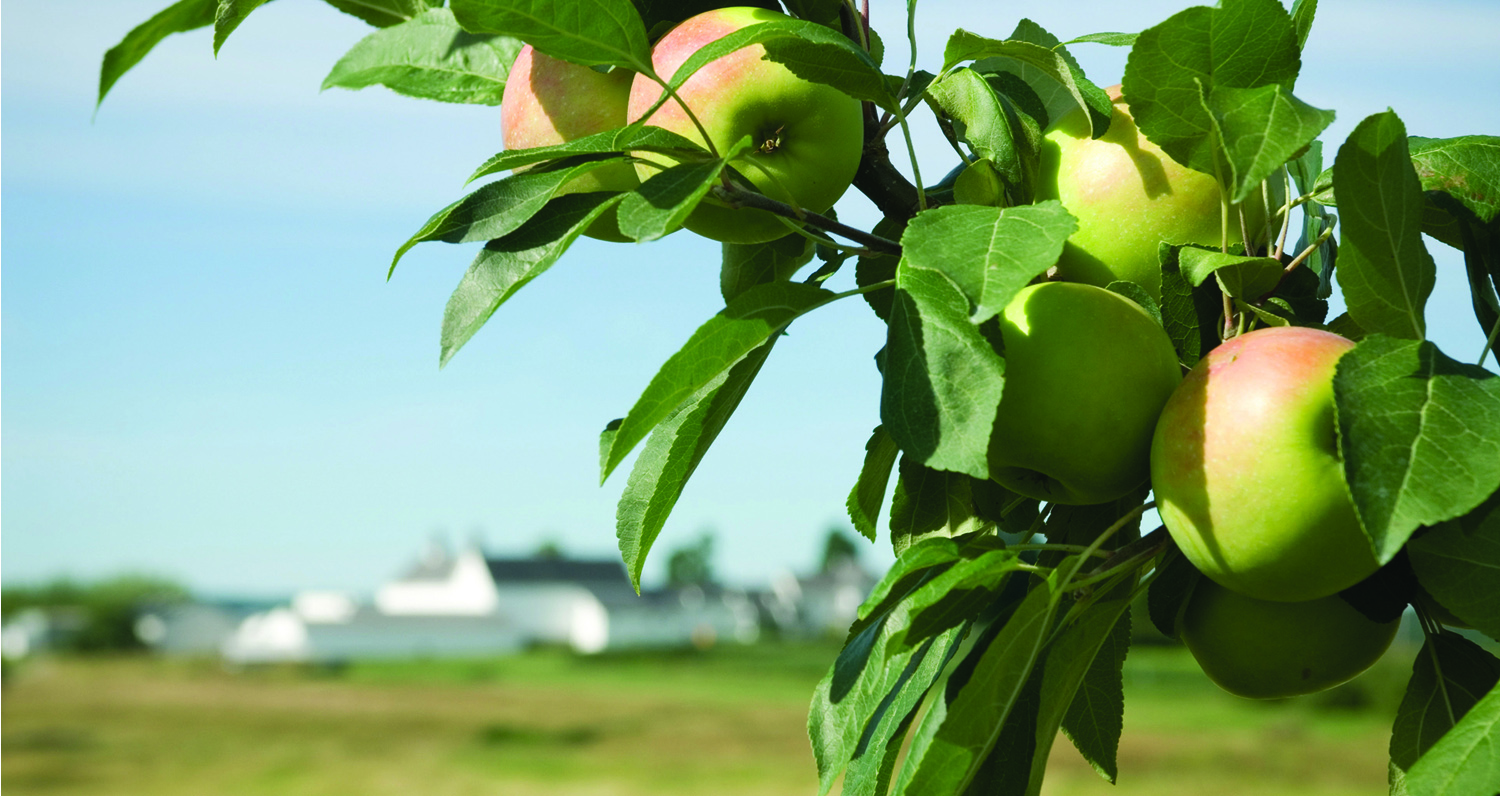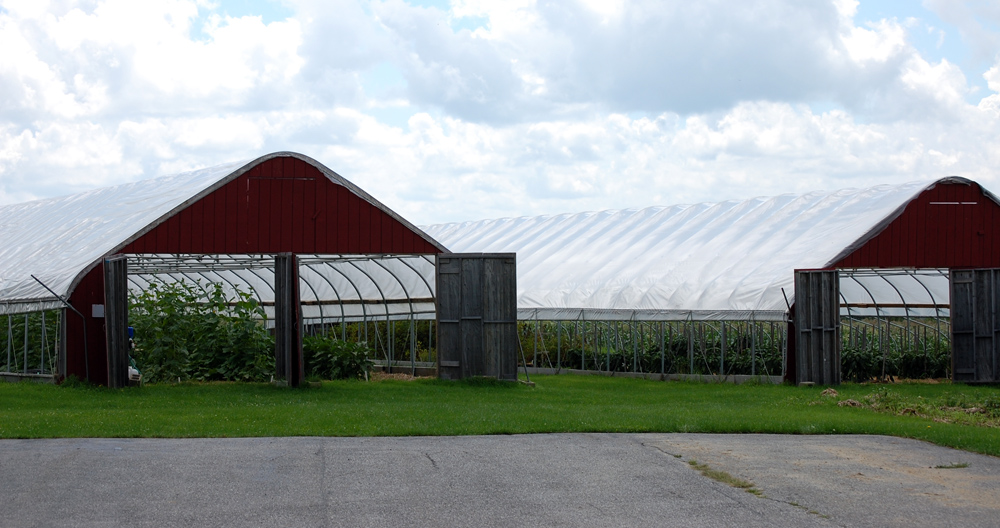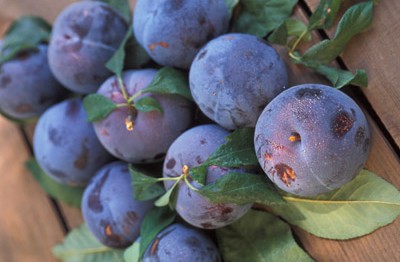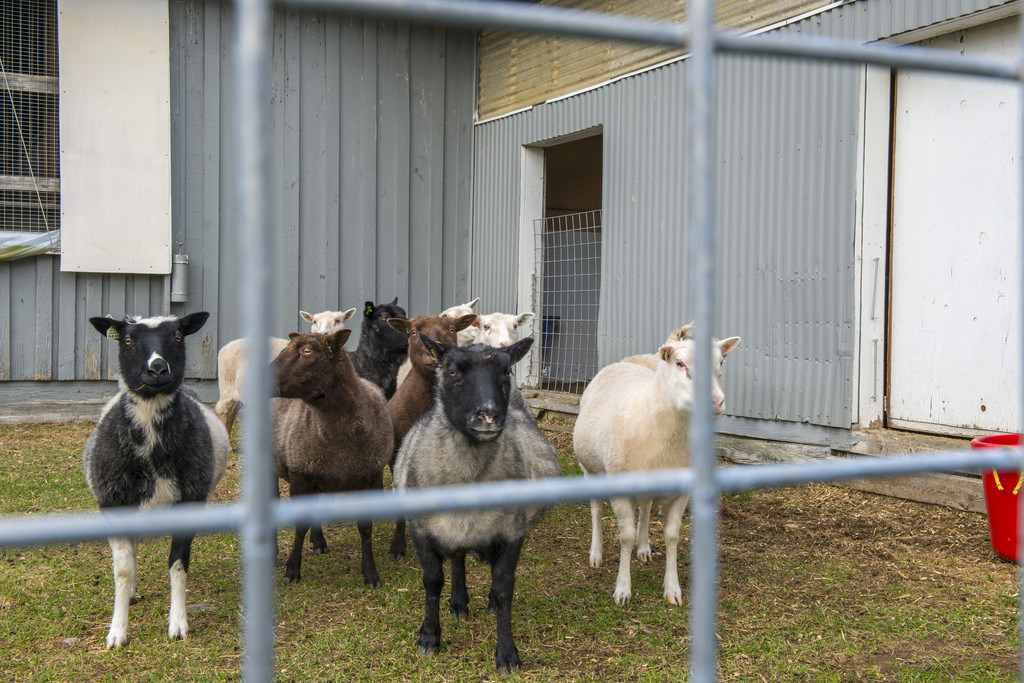Sustainable nutrient management for Maine fruit and vegetable crops
Maine’s agricultural economy is restricted to some extent by short seasons, extremely cold winters and soils that may be erodible, acidic, low in organic matter, underlain with compacted glacial till or with a sandy subsoil that promotes nutrient leaching. In spite of the challenges, Maine has a thriving agricultural sector that has adapted to soil […]
Read more
